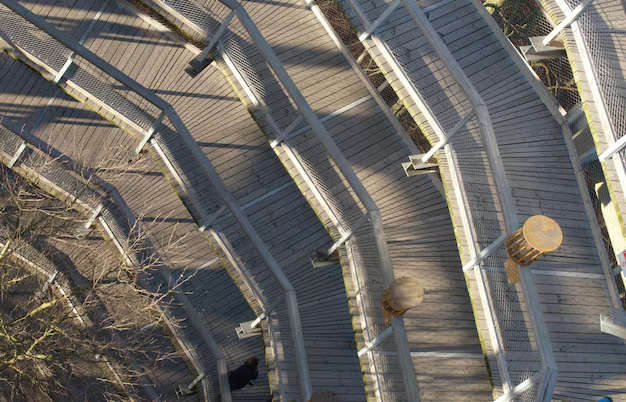How Long Do Metal Roofs Really Last? A Comprehensive Guide
When considering a new roof for your home, it's essential to weigh durability, cost, and longevity. Metal roofs often emerge as a top choice due to their appealing mix of efficiency and durability. But how long can you really expect a metal roof to last?
The Longevity of Metal Roofs
Metal roofs are renowned for their outstanding lifespan. Depending on the material and proper maintenance, they usually last between 40 to 70 years or more. This significantly outlasts traditional asphalt roofing, which typically endures 15 to 30 years. Here are some factors that influence a metal roof’s longevity:
- Material Type: Different metals such as aluminum, steel, copper, and zinc offer varying life expectancies. For instance, copper and zinc roofs can exceed 100 years when properly maintained.
- Climate and Environment: Metal roofs hold strong against harsh weather, including heavy snow, high winds, and even wildfires. Their resistance to mold and mildew also enhances their lifespan.
- Installation Quality: Proper installation is crucial. A poorly installed roof can reduce the lifespan regardless of the quality of the material used.
- Maintenance: Regular maintenance, such as clearing debris and checking for leaks, extends the life of your metal roof.
Metal Roofs: Are They Worth the Investment?
While metal roofs come with a higher upfront cost compared to other roofing materials, their longevity and low maintenance often yield a better return on investment. Homeowners can save on repairs and replacements over time due to the durability of metal roofs.
Exploring Financial Solutions for Roofing Projects
Investing in a metal roof is a substantial financial decision, but there are programs and solutions available to help alleviate the cost:
Government Assistance
- Weatherization Assistance Program: This U.S. government initiative provides funding for energy efficiency improvements, including roofing projects, for low-income households.
- Home Repair Loan and Grant Program: Offers financial aid to qualified homeowners seeking roof repairs or replacements.
Credit and Loan Options
- Home Equity Loans and Lines of Credit: Often used for home improvements, these options provide the funds needed for a roofing upgrade based on your home's equity.
- Personal Loans: Suitable for homeowners without home equity or those who prefer an unsecured financing option.
Energy-Efficient Incentives
- Tax Credits: Several federal and state programs offer tax benefits for installing energy-efficient roofing solutions like metal roofs.
- Utility Company Rebates: Check with local utility providers for potential rebates on energy-efficient home improvements.
Is a Metal Roof Right for You?
Before deciding on metal roofing, evaluate your home’s location, budget, and long-term plans. If you aim for sustainability and reduced maintenance over time, a metal roof might be the ideal choice, both environmentally and economically.
For those concerned about upfront costs, various financial tools and educational resources are available to guide and fund your journey. Whether accessing government aid or exploring private loans, the path to a durable, efficient roof is within reach.
Helpful Financial and Educational Resources 📌
- 💸 Weatherization Assistance Program: Aid for energy-efficient home upgrades.
- 🏠 Home Repair Loan and Grant Program: Financial help for home and roof repairs.
- 📊 Home Equity Loans: Leverage your home’s value for improvements.
- 💲 Tax Credits for Energy Efficient Roofs: Reduce taxes with eco-friendly choices.
- 🔋 Utility Rebates: Discounts on energy-efficient home systems.
Invest wisely in a metal roof today and explore these resources to make the process smooth and financially sound.

